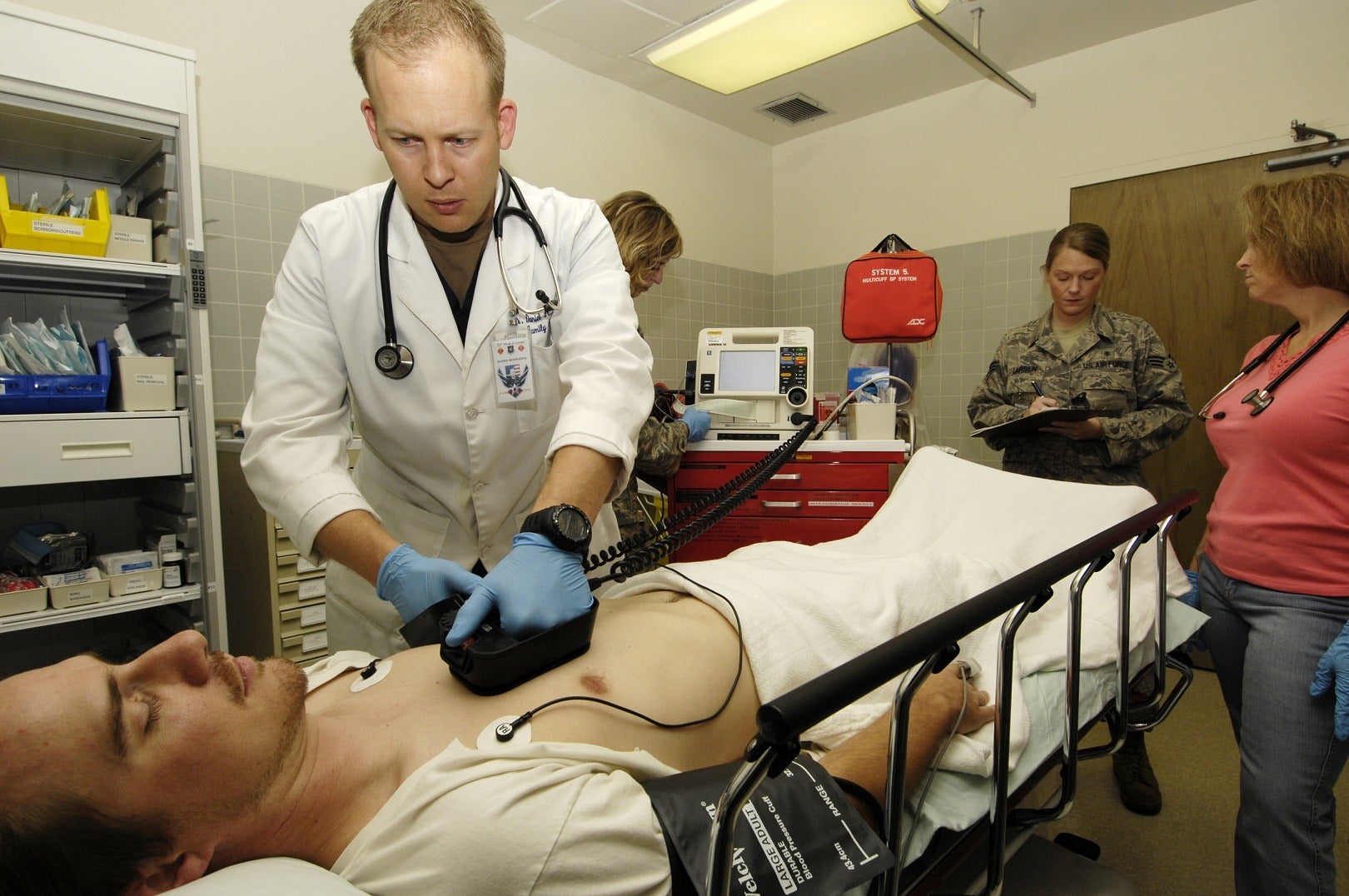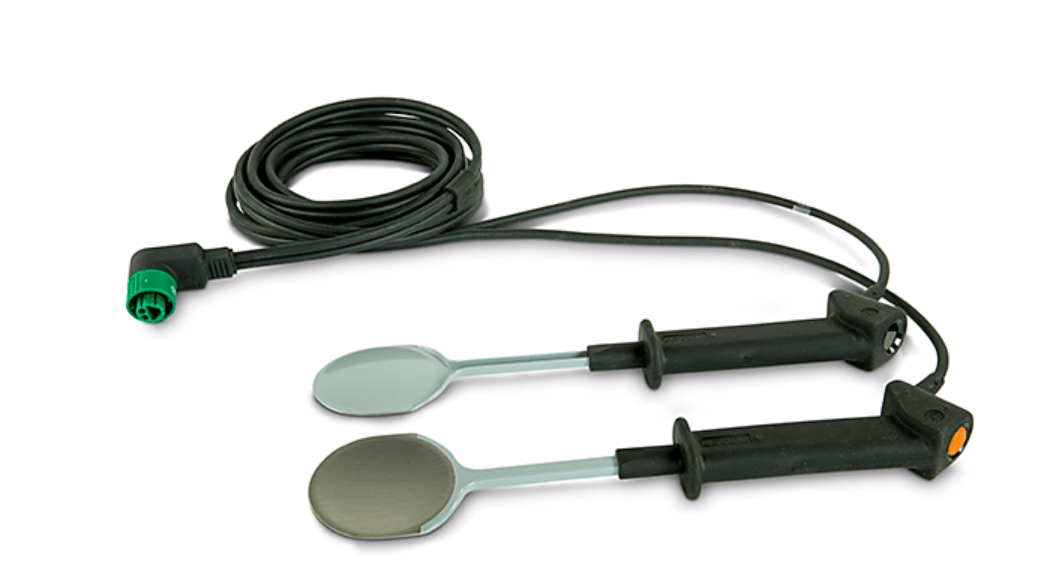
Several defibrillator paddles made by Philips may fail to deliver life-saving shocks to cardiac arrest patients if pre-use checks are not followed, says the MHRA.
The UK regulator has released a medical device alert (MDA) regarding eight of Philips’ sterilisable defibrillator internal paddle models.
These paddles can wear over time and fail to deliver therapy, according to the MHRA, which is why it is “important” healthcare providers and technical staff carry out routine operational checks between each usage of the device.
This includes mechanical checks, visual inspection, functional checks and continuity checks – which involve testing an electric circuit to ensure a current flows.
An MHRA spokesperson said: “If worn paddles are used, there is a risk that attempts to restart a patient’s heart following a cardiac arrest may be less successful.
“That is why the MDA states ‘if the device fails one or more of these checks, remove it from service and replace the paddles’.
“If users follow the manufacturer’s advice in their safety notice, and perform the requisite checks, they should be able to identify any device that shows any signs of wear and tear, and replace them, thus preventing any harmful outcomes.”
Philips’ response on defibrillator paddles
Following the MDA, Philips issued a voluntary notification to customers using its defibrillator internal paddles, reminding them to follow the instructions for use (IFU) for these devices to ensure readiness and safety.
In a statement, the Dutch health technology and electronics firm said: “As is common with sterilisable defibrillator paddles, this equipment may wear out over time. Philips’ internal paddles IFU directs users to perform specific paddle checks to assess paddle readiness.
“If one or more of these paddle checks fail, the IFU directs that the paddles should be removed from service and replaced.
“The IFU relies on performance of these required checks rather than specifying a maximum number of sterilisation cycles to determine when the paddles should be discarded.”

The MDA released by the MHRA highlighted eight defibrillator paddle products, all of which are for multi-patient use and therefore undergo a sterilisation cycle to clean them in between procedures.
The list of models in the MDA includes both switch-operated and switchless internal paddles, which come in a range of sizes to suit either adult patients or children.
“If the paddle checks are not performed as directed, there is a possibility that a damaged internal paddle may not be able to deliver therapy – if not detected and replaced,” the company said in a statement.
“Philips is committed to the highest standards of quality and reliability, and is working closely with our customers to help ensure that correct procedures are followed for this equipment.”
The MDA released by the MHRA, including relevant contact information and a full list of the affected defibrillator paddles, can be found here.






